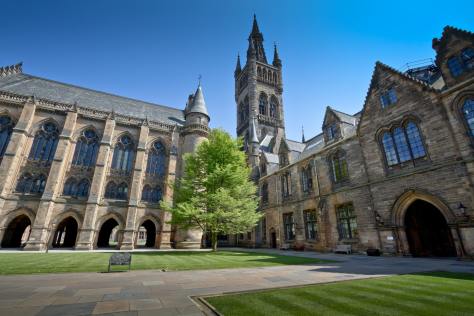
I had a fair few meetings this week on a range of topics, including learning and teaching, the Data Matters conference, consultancy, pipelines, and public affairs.
This story from The Register was not really surprising, Unis turn to webcam-watching AI to invigilate students taking exams. Of course, it struggles with people of color.
AI software designed to monitor students via webcam as they take their tests – to detect any attempts at cheating – sometimes fails to identify the students due to their skin color.
I am not surprised, in my work on the Intelligent Campus, when we did some research into facial recognition, there was quite a bit of coverage about how it only really worked with white males. Can we be surprised then when used for exam invigilation that it fails on the same issue?
In a similar story, UK passport photo checker shows bias against dark-skinned women.
Women with darker skin are more than twice as likely to be told their photos fail UK passport rules when they submit them online than lighter-skinned men, according to a BBC investigation. One black student said she was wrongly told her mouth looked open each time she uploaded five different photos to the government website.
There is a question here about removing the systemic bias we find in AI and algorthims being used in education (as well as the wider society). A deeper question is how does that bias get there in the first place?

Across the week we saw more universities report large covid-19 infections in their student populations.
Sheffield Hallam has seen over 370 cases of Covid since the beginning of term and the University of Sheffield has seen 589 cases. The local area has also seen a dramatic increase in the number of people testing positive.
Another 1,600 students have tested positive for coronavirus at Newcastle’s two universities. Newcastle University says 1,003 students and 12 members of staff have tested positive for Covid-19 in the past week. That’s up from the 94 students reported last Friday. There have also been 619 new cases among students at Northumbria University, compared with 770 last week. That means nearly 2,500 students and staff have tested positive since returning to studies.
More than 400 students and eight staff members at the University of Nottingham have tested positive for Covid-19. The university said the figures would be “higher than other universities” because it was running its own asymptomatic testing programme.
Almost 400 students and staff at Queen’s University in Belfast, Northern Ireland, are self-isolating after more than 160 people tested positive for Covid-19. A university spokesperson said the safety and wellbeing of staff and students was the university’s first priority.
One result of this is a lot of universities are moving back to online teaching.
This week, the University of Sheffield and Sheffield Hallam University both said they will move more learning online. The University of Sheffield said all teaching will move online from Friday until 18 October. Sheffield Hallam said it will increase the proportion of online teaching, but keep some on-campus.
Both universities (Newcastle and Northumbria) said they had extensive plans in place to support students. Earlier today they said they would move most of their teaching online in response to the outbreaks.
The two main universities in Manchester are teaching online until “at least” the end of the month after a coronavirus outbreak among students. Manchester Metropolitan University (MMU) and the University of Manchester (UM) said it was a “collaborative decision” with public health bosses and “won’t impact” on teaching quality. It comes after 1,700 students were told to self-isolate at MMU on 26 September.

I took the plunge and ordered full fibre from BT and if it goes to plan I will be getting 900Mb/s down and 110Mb/s up from the new all fibre connection. This will be much faster than my current 32Mb/s FTTC connection and so much faster than the ADSL connection I had between 2012 and 2017 which rarely went above 1Mb/s.
My top tweet this week was this one.
On this day and at this time eleven years ago I was buying a coffee from the this wonderful Piaggio van outside the Handheld Learning 2009 Conference. It was great coffee and it was a great conference. #coffee https://t.co/bz1jjC8ZVX pic.twitter.com/cr7tAVXjbq
— James Clay (@jamesclay) October 6, 2020



